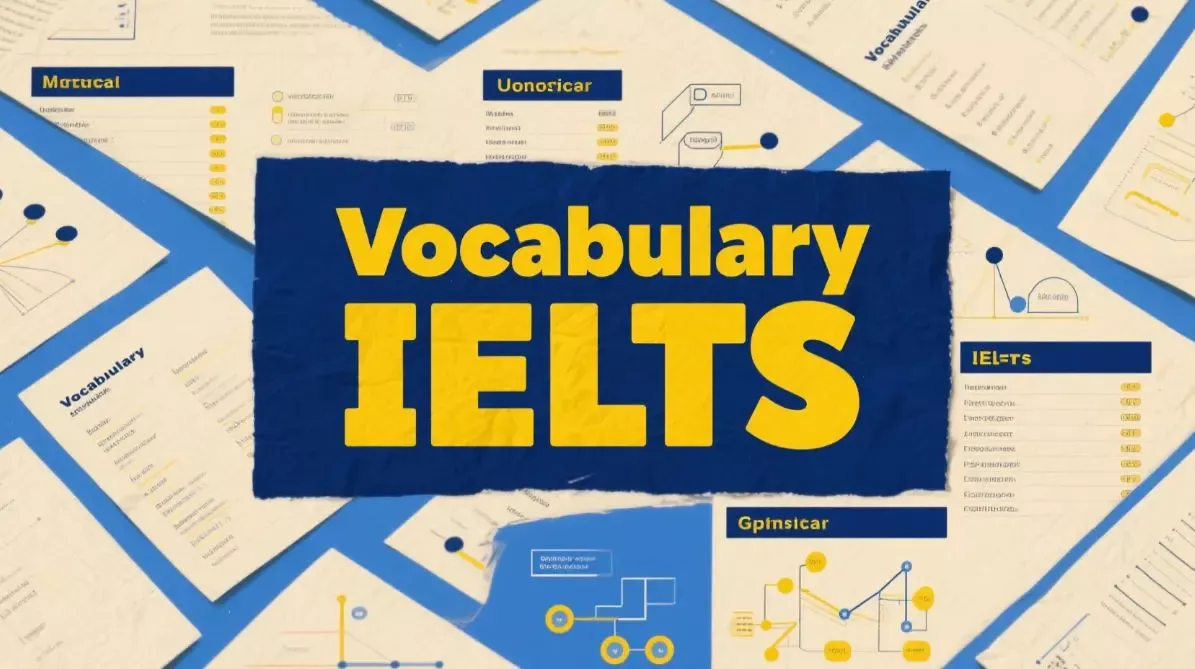Bài Listening về tâm lý học động lực. Tâm lý học về động lực nghiên cứu cách thức và lý do con người thúc đẩy bản thân để đạt được mục tiêu. Nó khám phá những yếu tố như cảm xúc, niềm tin, và hoàn cảnh cá nhân ảnh hưởng đến động lực, từ đó giúp cải thiện hiệu suất và sự hài lòng trong cuộc sống và công việc. Bài Listening là phần bài các bạn phải luyện nghe nhiều lần để thành thạo.
Bài Listening
Questions
- According to the speaker, what are the two types of motivation?
- Provide an example of intrinsic motivation mentioned in the talk.
- What is an example of extrinsic motivation given by the speaker?
- What is the first level of Maslow’s Hierarchy of Needs?
- Name the three basic psychological needs emphasized by the Self-Determination Theory.
- How can motivation be influenced according to the speaker?
- In what areas can understanding motivation be practically applied?
- Summarize the main point of the talk.
Answers
- The two types of motivation are intrinsic and extrinsic motivation.
- An example of intrinsic motivation mentioned is a person reading a book because they find the topic interesting and enjoy learning new things.
- An example of extrinsic motivation given is a student studying hard for an exam to receive a good grade or an employee working extra hours to earn a bonus.
- The first level of Maslow’s Hierarchy of Needs is physiological needs, such as food and shelter.
- The three basic psychological needs emphasized by the Self-Determination Theory are autonomy, competence, and relatedness.
- Motivation can be influenced by both conscious and unconscious factors.
- Understanding motivation can be practically applied in education, workplace management, and personal development.
- The main point of the talk is that motivation is a complex aspect of human psychology that drives behavior and can be understood through different types and theories to help achieve goals in various fields.
Audio Script
Speaker: Today, we are going to explore the fascinating subject of the psychology of motivation. Motivation is what drives us to accomplish tasks, set goals, and engage in certain behaviors. Psychologists have identified different types of motivation, namely intrinsic and extrinsic motivation.
Intrinsic motivation comes from within the individual. It is driven by personal satisfaction or a sense of achievement. For example, a person might read a book because they find the topic interesting and enjoy learning new things. On the other hand, extrinsic motivation involves external rewards such as money, grades, or praise. A student might study hard for an exam to receive a good grade, or an employee might work extra hours to earn a bonus.
Theories of motivation provide frameworks for understanding how motivation works. One of the most well-known theories is Maslow’s Hierarchy of Needs. According to Maslow, human beings have a series of needs that must be fulfilled in a specific order. At the base are physiological needs like food and shelter, followed by safety needs, social needs, esteem needs, and finally, self-actualization.
Another important theory is the Self-Determination Theory, which emphasizes the role of three basic psychological needs: autonomy, competence, and relatedness. When these needs are satisfied, individuals are more likely to be intrinsically motivated and exhibit higher levels of performance and well-being.
It’s also interesting to consider how motivation can be influenced by both conscious and unconscious factors. Conscious motivation involves deliberate and goal-directed behaviors, while unconscious motivation can be driven by underlying desires and instincts that we may not be fully aware of.
In practical terms, understanding motivation can help in various fields such as education, workplace management, and personal development. For instance, educators can enhance student motivation by creating engaging and relevant learning experiences. Managers can motivate employees by providing meaningful work and recognizing their achievements.
In conclusion, motivation is a complex and multifaceted aspect of human psychology that influences nearly every area of our lives. By understanding the different types and theories of motivation, we can better understand what drives us and how to harness it to achieve our goals.
Học lại bài cũ: Bài tập Listening 47: The History of Architecture.















